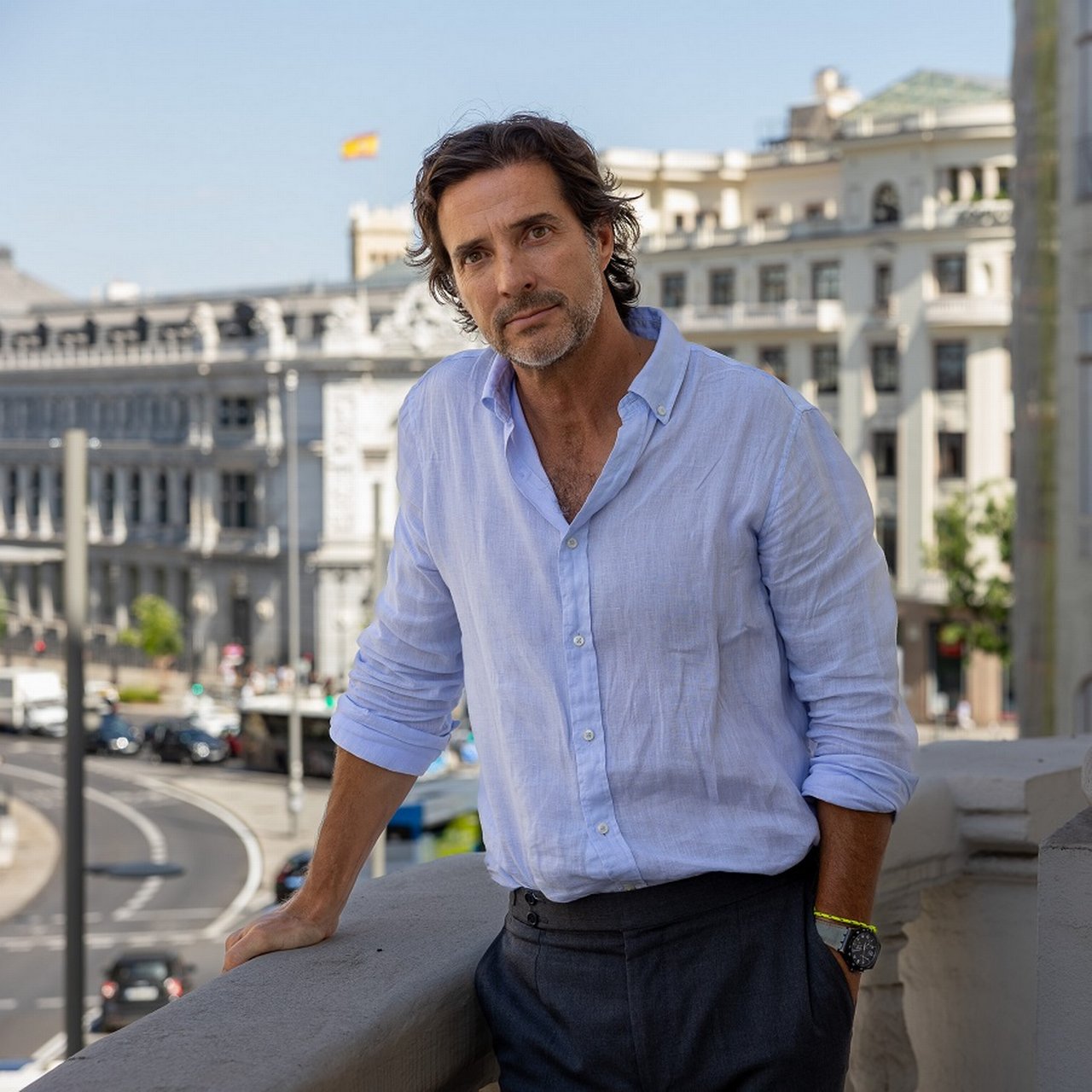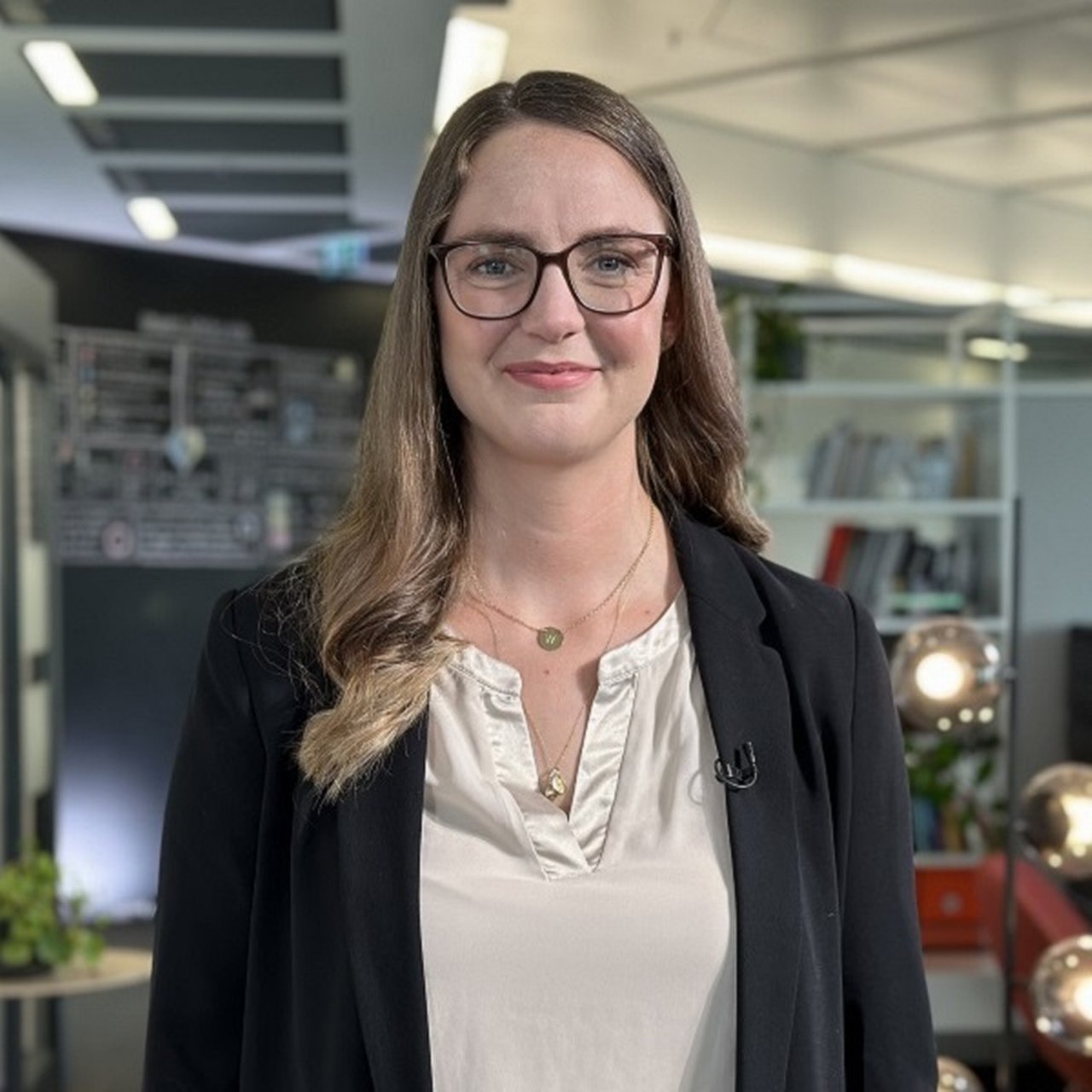CleanHub organises waste disposal in parts of Indonesia, India, Tanzania and Cambodia – places where a municipal waste collection system has yet to be established. The funding for CleanHub’s endeavour comes from other companies – two thirds of them are firms that are responsible for creating plastic waste as they either make it themselves or use it in their products; one third comes from companies that have already reduced their plastic packaging to zero or offer completely plastic-free products.
Offering plastic credits leads to a change in thinking
These companies pay CleanHub for every tonne of plastic collected and, in return, receive what they call “plastic credits”. In this way, they can compensate for part of their plastic consumption. It works essentially the same way as carbon certificates do. In the countries of collection, CleanHub works with local companies that are officially registered with the company and have a permit to collect plastics and waste.

Waste collection on the beach
So is this a modern trade in indulgences? “Not at all,” emphasises company founder Joel Tasche. “Customers we work with are already aware of the problem, are already taking steps to reduce plastic. We also connect them with packaging experts who help reduce waste and design for the circular economy. Likewise, by working with CleanHub, they have an incentive to save plastic: they see the cost of collections on their balance sheet month after month. On average, this cost doubles the price of the packaging.
The heart of the venture is the app developed by Joel Tasche and his colleagues. Those who collect the rubbish use the app to document what they have done, making it transparent.
From Lake Constance to the beaches of Southeast Asia
So the world is moving closer together on the computers of CleanHub in Berlin – and that also has a lot to do with Joel Tasche's career. Having grown up on the idyllic shores of Lake Constance, the enthusiastic sports sailor first studied intercultural management.
In his first job, he developed fleet management software for a Swiss start-up and had a lot of responsibility early on. “I then very soon realised that I wanted to do something of my own, to work on topics that were meaningful and that meant something to me personally.”
His enthusiasm for surfing had repeatedly led him to Southeast Asia, where he found large amounts of plastic waste on the beaches and in the sea. “I quickly realised that this was not entirely the fault of the local people. The economy there has just developed rapidly, people are suddenly being sold things wrapped in plastic – but there was no one to collect the rubbish.”
There was no one to collect the rubbish.

Cleaning up in Indonesia

Plastic waste collection at Konnad beach, Kerala, India
Growing mountains of waste and lack of disposal
In fact, according to OECD estimates, about two billion people worldwide are still not connected to a functioning waste disposal system; rubbish ends up by the wayside or on the street and from there enters rivers and oceans. And the waste is increasing, its quantity is growing twice as fast as the world's population, according to a forecast by the World Bank for the coming decades. This shows how important professional waste disposal and recycling are to reduce the negative consequences for people and nature – and also to recirculate materials.
CleanHub's waste disposal does not rely on the mere collection of recyclable materials such as PET bottles, glass or cardboard. “There are things that cannot be technically recycled, such as multilayer packaging with aluminium and plastic composites. And they can't be turned into money. But we basically collect everything that can be harmful to nature,” Tasche makes clear.
Proven system: household collection
CleanHub starts where waste is generated: in households. The employees in Indonesia and India go door to door, collect waste and get paid for everything they collect.
Artificial intelligence documents and analyses waste collections
The app documents each individual collection. Photos are uploaded at every step, and the artificial intelligence meticulously analyses them, checking weight, condition and GPS data.
Transparent and verifiable data is important for our customers, who pay us money for every tonne of waste

CleanHub's app being used to track collection
Security aspects are also taken into account: The AI recognises employees without work gloves, for example. “Waste disposal does not have the very best reputation when it comes to standards, so here we are in constant exchange with our colleagues and partners and address improvements in the audits,” explains Tasche, who is also on site himself several times a year.

Transporting waste to the sorting facilities
In addition, CleanHub also has employees in its two largest collection markets, India and Indonesia, who look after those who collect the rubbish and show them how to upload photos to the app.
What doesn't go into recycling fuels cement plants
In the sorting plants, the waste is then separated: into recyclables and materials that cannot be recycled. Everything that definitely cannot be reused is burned, for example in the cement industry. The temperatures there are so high, at 900 degrees, that no harmful substances remain. At the same time, the cement plants save on coal for melting sand.
Unfortunately, we very often have to say 'no'.
High demand in developing countries
CleanHub is in great demand – in many regions, local authorities want to work with the company. “Unfortunately, we very often have to say 'no'. On the one hand, because we don't have the counter-financing for the collections and also because we want to enforce the international labour guidelines in this area. This requires time from our side and people who also check and audit on site,” Tasche explains.
Companies come from the US, the UK and the EU
So far, CleanHub has 250 corporate partners who pay for the collection of plastic waste – most customers come from the United States, followed by the UK and the DACH region (Germany, Austria, Switzerland). However, none of the rather small to medium-sized companies sell their products directly to India, Indonesia, Cambodia or Tanzania – so they are not directly responsible for local pollution. The large consumer goods manufacturers, however, had not yet taken the bait during the development phase – they were sceptical as to whether it would be possible to create real transparency in waste collections.
This could now change. The hard work that the CleanHub team has put into the app is now paying off. Since January 2023, the data that the app collects has been verified by TÜV SÜD. “I'm curious to see whether the big consumer goods manufacturers will now show their colours and join us”, says Tasche.

About CleanHub
CleanHub is a Berlin-based company that uses AI-powered technology to reduce plastic waste in the ocean by building waste recovery where none exists. Their solution enables consumer goods manufacturers to take direct action against one of the biggest environmental problems.
Waste collections are currently mainly concentrated in areas in Asia and Africa that are most affected by plastic pollution. With the help of an app, the collections can be tracked and verified.
The AI technology is ISO-certified by TÜV SÜD. Unlike alternative approaches that focus on getting plastic out of the sea, CleanHub aims to prevent it from getting there in the first place.
Deutsche Bank and CleanHub
CleanHub has been working with Deutsche Bank since its inception, or more precisely, with a team of experts for the tech industry.
CleanHub takes care of one of the most pressing environmental problems: plastic waste. To do so, the company focuses on innovative waste management and recycling – with a forward-looking, scalable, AI-based technology. Its financing model is designed to ensure that less plastic waste is produced in the future.
The team behind the idea has managed to establish CleanHub as a pioneer for offsetting the “plastic footprint” of international consumer goods manufacturers at a fascinating speed and relies on the Global Hausbank expertise of Deutsche Bank.

Timo Bergold
… works on a wide range of communication projects across Deutsche Bank. He believes that the circular economy and digitalisation need to go hand in hand if we are to get the most out of our resources. He is impressed by the potential that new technologies can offer on the path towards a cleaner and more environmentally friendly world.
Recommended content
Responsible Growth | Video Story
Sustainability is always in fashion Sustainability is always in fashion
Spanish label Ecoalf is a pioneer in the industry, showing how stylish urban fashion can be both sustainable and profitable.
Responsible Growth | Crisp & Short
On track for a circular economy? Are we on track for a circular economy?
We look at which countries are already diligent recyclers, what gets thrown away the most and how the market might develop.
Responsible Growth | Opinion
Why we need the circular economy Be mindful of what you consume
Charlotte Woodside, sustainability expert at Deutsche Bank, explains the necessity of a circular economy and what role the bank is playing.







